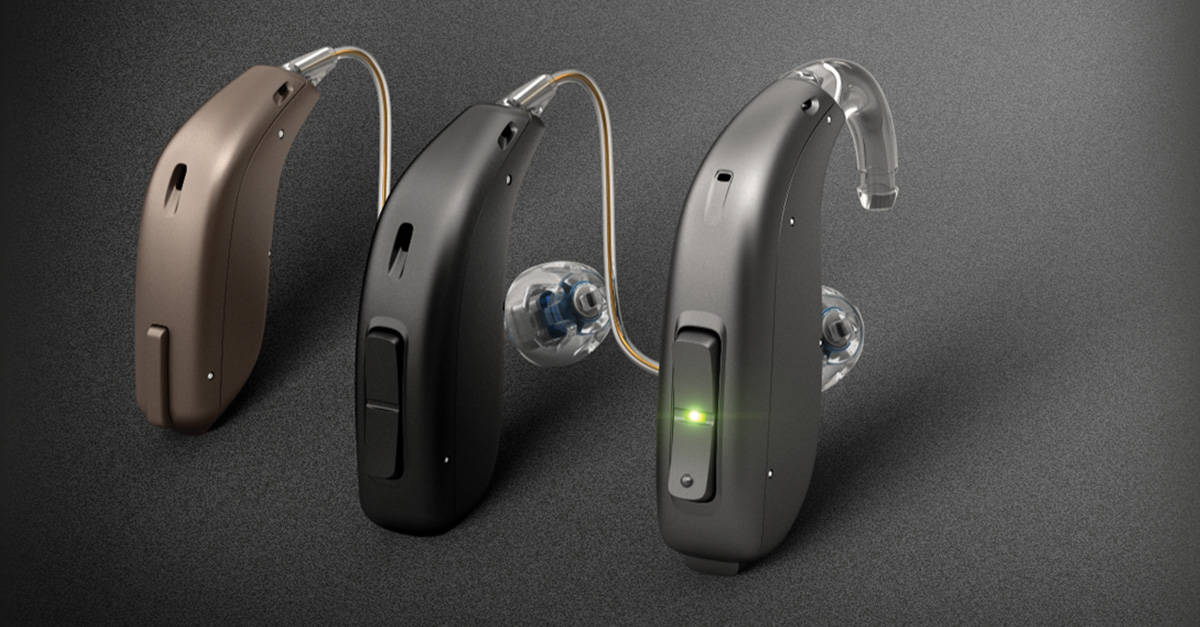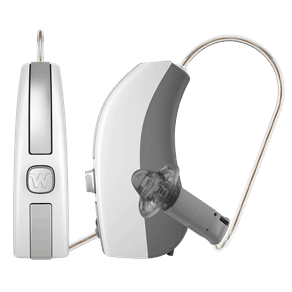Pro Tip: Both Widex and Oticon offer some of the best devices on the market. Read my guide to 2022’s best hearing aids to find out who else came out on top.
Join for Free
Members get updates like best products for seniors and senior discounts delivered right to their inbox for free.



